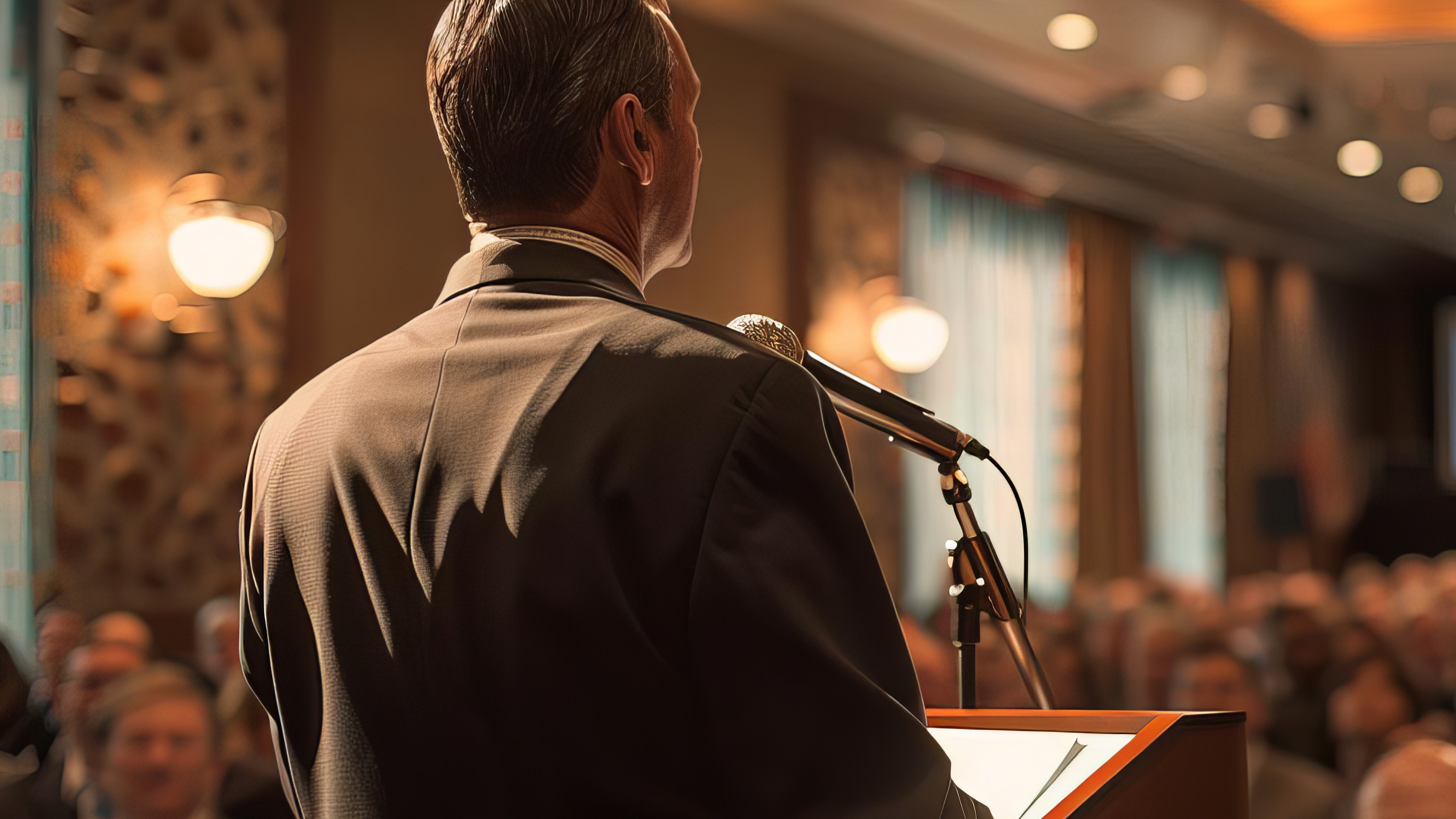Last Week in the Legislature
Moving Week
TXCPA Makes Big Strides with Our Legislative Priorities
By Kenneth Besserman
Director of Government Affairs and Special Counsel
April 21, 2023 | Issue 11
AUSTIN - This week, TXCPA made significant progress with our 2023 legislative priorities. Both SB 159, 120 hours to test, and HB 2504, expansion of the fifth-year scholarship,
made significant advances in the legislative process.
On Thursday and Friday, SB 159 – 120 hours to test legislation – passed the House by a vote of 140-0. The bill will now make its way back to the Senate to concur on a minor change made in the House. Additionally, HB 2504 passed out of the Higher Education and Calendars Committees, and it is now eligible for final passage in the House on Monday, April 24.
Both bills are extremely important to TXCPA, the CPA pipeline, accounting track and CPA students, and the profession. TXCPA has worked diligently over the past several months with members of the legislature, legislative committees, stakeholders, and the Texas State Board of Public Accountancy to ensure that the bills properly address the CPA pipeline and are well understood by the legislature.
Since the start of the legislative session, TXCPA has received numerous favorable comments about the importance of the legislation. The unanimous support of the legislation throughout the legislative process is an important indicator of the resonance of this issue with the legislature.
In the coming weeks, both bills will be back to the Senate for final passage and we are very hopeful that these bills will land on the Governor’s desk for his signature by the end of the session.
The Game is Afoot
Beyond accounting legislation, this week the legislature addressed a number of controversial issues that will surely bring much heated debate, political gamesmanship and negotiations during the final month of the session. These bills may also cause a lot of acrimony between the two chambers, ultimately causing many unrelated bills to die in the legislative process. The condensed Texas legislative process is much more attuned to killing bills than passing bills, and as controversial issues and debates emerge in the final months of the session, it creates a significant legislative logjam making it ever more difficult to pass bills.
This week, the House debated for hours and hours HB 900, which will limit and prohibit school libraries from having or purchasing certain books that are deemed to contain obscene content. Debate was heated on both sides of this issue. While the bill did pass the House, and while a similar bill has passed the Senate, the final product is still being negotiated.
On Thursday, the Senate debated SB 17, which would prohibit institutions of higher education from having diversity, equity and inclusion offices on campus and prohibit universities from engaging in any DEI initiatives. The Senate debated the bill for about 10 hours. While this issue has been a priority for Lt. Governor Dan Patrick, to date, the House has not had a hearing on any similar legislation and the issue has not been raised to a priority for Speaker Dade Phelan.
Both bills are examples of issues that can be highly partisan, highlight different priorities of the chambers and show how one issue can derail the whole legislative process.
The Senate passed its version of the state budget this week sending the budget back to the House where a conference committee will be named in order for the two chambers to hash out the differences in the budget. The two big sticking points in the budget right now are property taxes – the amount and form of property tax relief – and school vouchers. School vouchers, or as they are called this session – Educational Savings Accounts – could very well be the issue that pushes Governor Greg Abbott to call a special session.
Both Abbott and Patrick have expended a great deal of political capital in pushing a private school voucher program. The Senate has passed legislation and provided for funding in the budget. The House, in a heated budget debate last week, voted to prohibit the use of state funds for any type of private school voucher program. That prohibition has been in the House version of the budget for several sessions. The debate over school vouchers and property tax relief are the two issues that could bring the session to a standstill and push the legislature into a special session. Do not make your summer plans just yet.
One final issue that took up quite a bit of the House floor debate was over HB 2127. This is the massive local preemption bill that says that local jurisdictions – cities, counties and other local governments – cannot pass local laws, rules, regulations or ordinances in a number of areas, including health and safety, business and commerce, agriculture, finance, insurance, labor, occupations, or property. The legislation will only allow the state to regulate in those areas even if cities or counties have a need to have local regulations in those areas. This is the state vs. local preemption debate that has been raging for years.
This session, the House took a wholly different approach rather than trying to preempt local jurisdictions in certain specific areas. This time, the House went for it all and preempted almost every area from local regulations. This has exacerbated the growing city vs. state divide in Texas. This legislation has upturned “local control” debate and now moved almost everything to state control. It will be interesting to see the bill’s progress in the House and whether there are any changes forthcoming.
There was good news this week for TXCPA. Next week, we hope to have more good news as both of our bills make their way to the Senate. Thank you for your help in moving our priorities forward.
Only 37 days left in the session.
